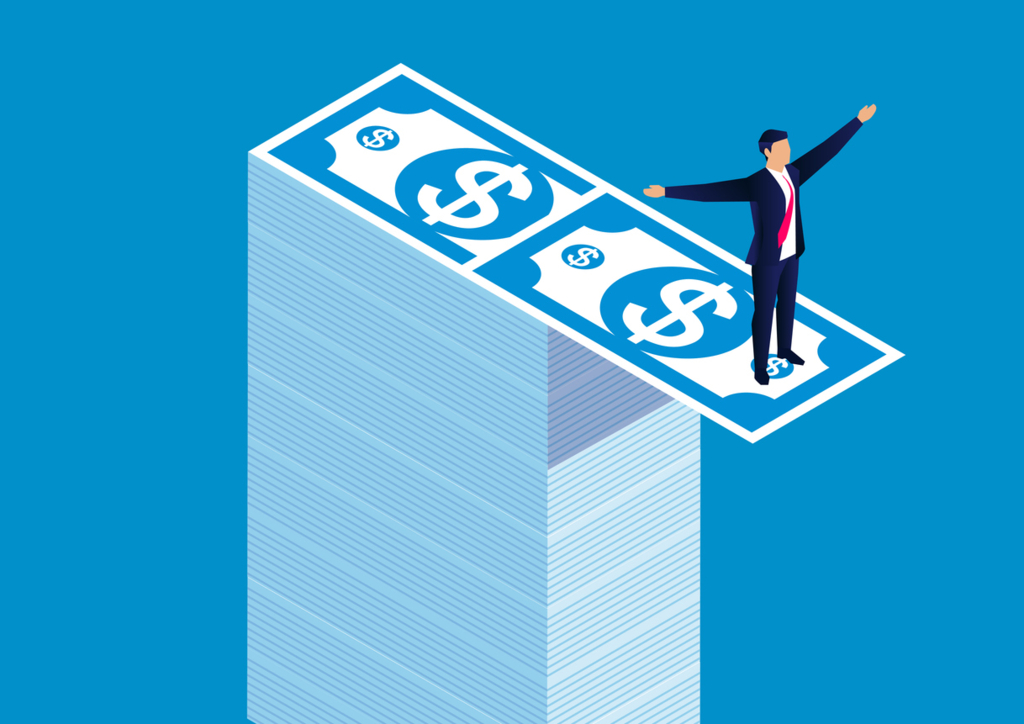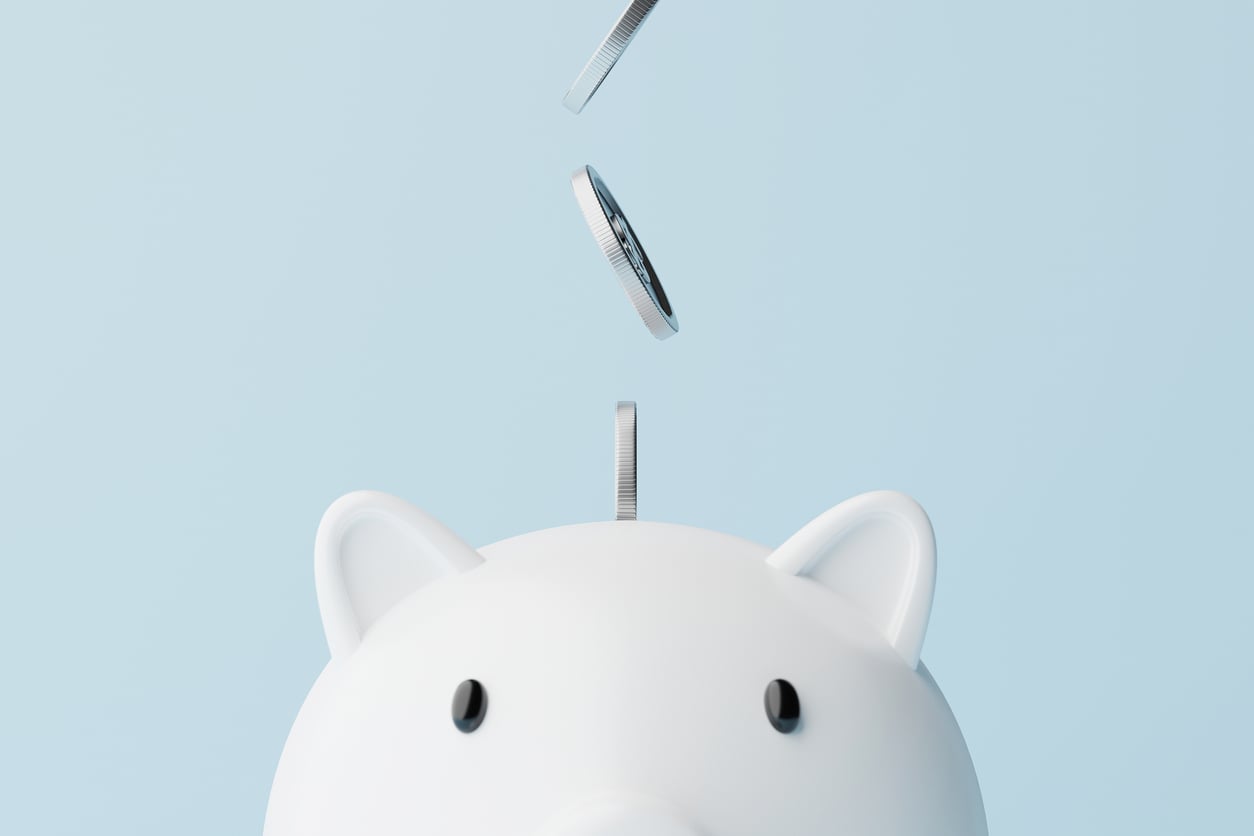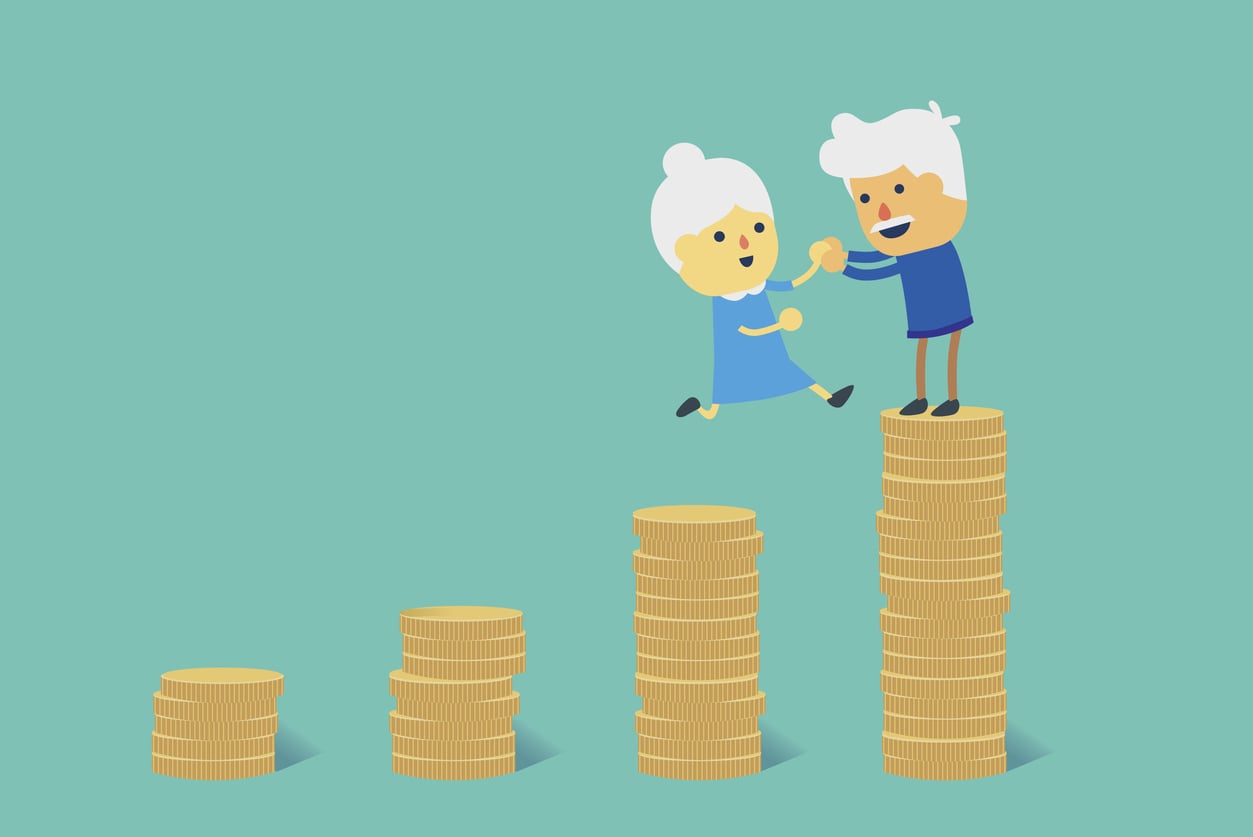Simple Ways to Break Your Bad Money Habits

We all have bad money habits. But, don't worry, you can break them! In this blog post, we will discuss some simple ways to break your bad money habits and improve your financial situation. Implementing these strategies will take time and effort, but it is worth it in the end! So, let's get started!
Review Your Bank Accounts
A recent study by the American Bankers Association found that nearly 60% of Americans don’t review their bank statements on a regular basis. This is a surprising and concerning statistic, as it means that many people are not keeping track of their spending or being proactive about their finances. Reviewing your bank account is one of the simplest and most effective ways to break bad money habits. By taking a close look at where your money is going, you can identify areas where you are wasting money or spending too much. You can also use this information to create a budget and make better financial choices in the future. So if you’re not already in the habit of regularly reviewing your bank account, now is the time to start. It could be the first step towards breaking your bad money habits for good.
Open a New Bank Account
This can help you in a few different ways. First, it can give you a fresh start with your finances. You can begin by setting up a budget and sticking to it. This will help you get a better handle on your money. Second, a new bank account can help you keep better track of your money. You can set up automated payments for your bills so that you never miss a payment. You can also set up alerts for when your balance gets low. Finally, a new bank account can help you save money. Many banks offer interest-bearing accounts, so you can earn money while you save. By opening a new bank account, you can break your bad money habits and take control of your finances.
Pay More Than The Minimum
While this may seem like a good way to save money in the short-term, it can actually end up costing you a lot more in the long run. Interest charges can quickly add up, and if you only make the minimum payment, it will take you much longer to pay off your debt. In addition, carrying a balance on your credit card can hurt your credit score, which can impact your ability to get a loan or qualify for a lower interest rate in the future. If you're looking to break your bad money habits, one of the best things you can do is pay more than the minimum each month. By doing this, you'll reduce your interest charges and pay off your debt much more quickly. You'll also improve your credit score, which will save you money down the road. So if you're looking to get your finances on track, be sure to start by paying more than the minimum each month.
Set Reasonable Financial Goals
One of the most important things you can do for your financial wellbeing is to set reasonable goals. This may seem like common sense, but so many people get caught up in bad money habits without even realizing it. When you have a goal in mind, it becomes much easier to stay on track and make good decisions with your money. Otherwise, it's all too easy to fall into the trap of spending money without really thinking about it. So, what constitutes a reasonable financial goal? This will vary from person to person, but there are a few general guidelines you can follow. First, your goal should be specific and measurable. Second, it should be achievable within a reasonable timeframe. And third, it should be aligned with your overall financial objectives. By following these simple guidelines, you can ensure that your financial goals are realistic and attainable - which is essential for breaking your bad money habits and putting yourself on the path to financial success.
Develop a Realistic Budget
A budget is an essential tool for anyone looking to get their finances on track. By carefully tracking your income and expenses, you can develop a clear picture of where your money is going and identify areas where you may be able to cut back. A budget can also help you to avoid impulsive spending and better plan for large purchases. If you are not used to budgeting, it can be helpful to start small and gradually increase the number of categories as you become more comfortable with the process. There are many helpful budgeting apps and software programs available, so there is no excuse not to give it a try. Breaking your bad money habits is a key step towards financial security, and a budget can be a valuable tool in helping you to achieve that goal.
Cook Your Own Meals
According to a recent survey, the average American spend about $3,000 a year on eating out. That's a lot of money that could be used for other things, like savings or debt repayment. If you're looking to break your bad money habits, one of the best things you can do is cook your own meals. It may take a little bit of extra effort, but the benefits are worth it. Not only will you save money, but you'll also have more control over your food choices. You can make healthy meals that fit your budget and your lifestyle. And cooking can be a fun and relaxing activity in its own right. So if you're ready to break your bad money habits, start by cooking your own meals.
Leave Your Money At Home
It's easy to overspend when you have cash in your pocket, but if you leave your money at home, you'll be less likely to make impulse purchases. This simple strategy can help you break your bad money habits and start saving more. When you're used to spending freely, it can be hard to change your ways. But if you're serious about getting your finances under control, leaving your money at home is a good place to start. This way, you'll only be able to spend what you have with you, and you'll be less likely to make impulsive purchases. Plus, you won't be tempted to use your credit card or tap into your savings account when all you have is cash. Over time, this simple strategy can help you break your bad money habits and start saving more.
Cut Back On Shopping Online
According to a recent study, the average American spends nearly $1,000 on unnecessary purchases each year. This may not seem like a lot of money, but it can quickly add up. Moreover, these unnecessary purchases often come with hidden costs, like shipping and handling fees. As a result, it's easy to see how spending too much money online can quickly become a bad habit.
One way to break this bad habit is to cut back on shopping online. This doesn't mean you have to stop shopping altogether; rather, you should simply be more mindful about your spending. Make a budget and stick to it. Before you make a purchase, ask yourself whether you really need the item. If not, resist the temptation to click "add to cart." By being more mindful about your spending, you can break the habit of blowing your budget on unnecessary purchases.



